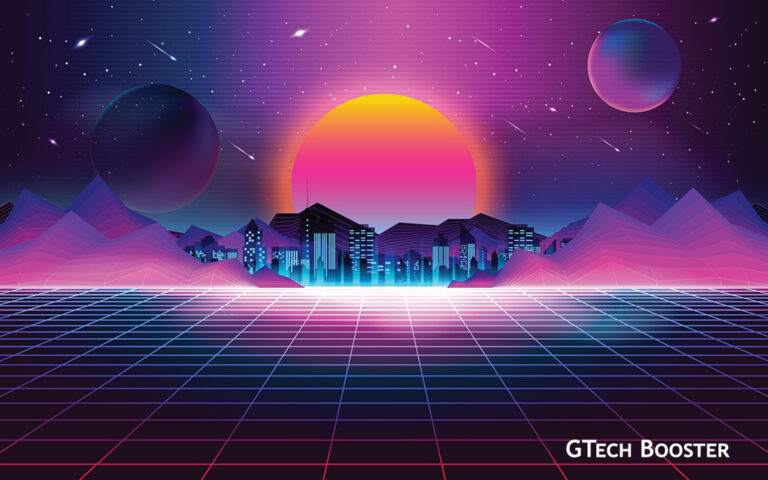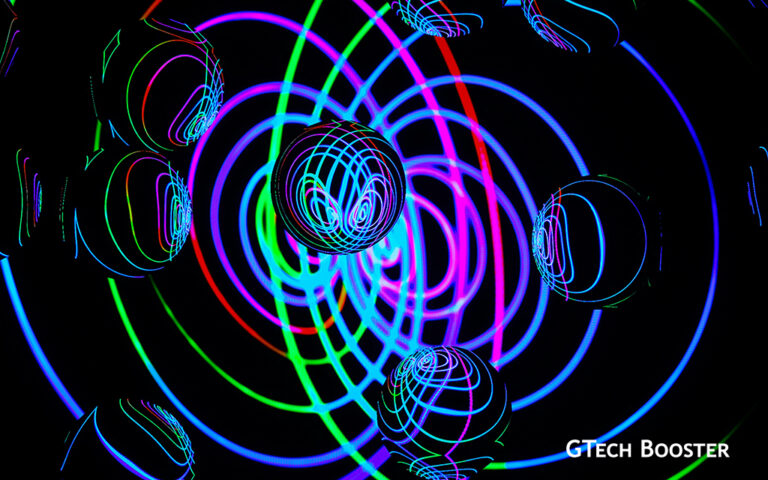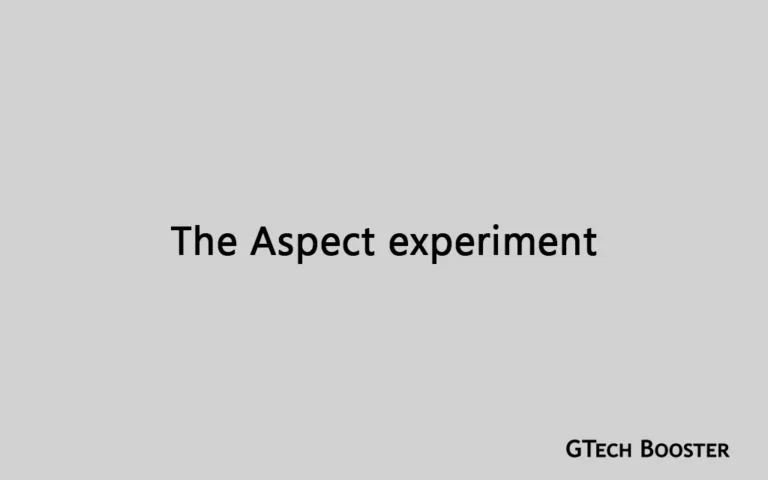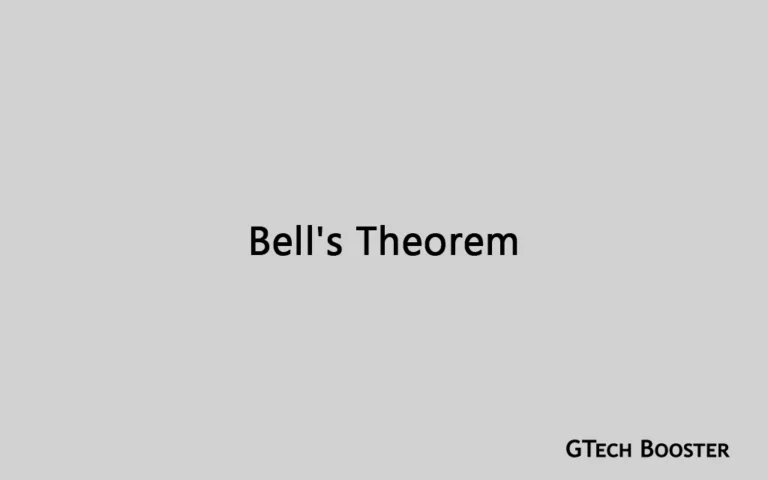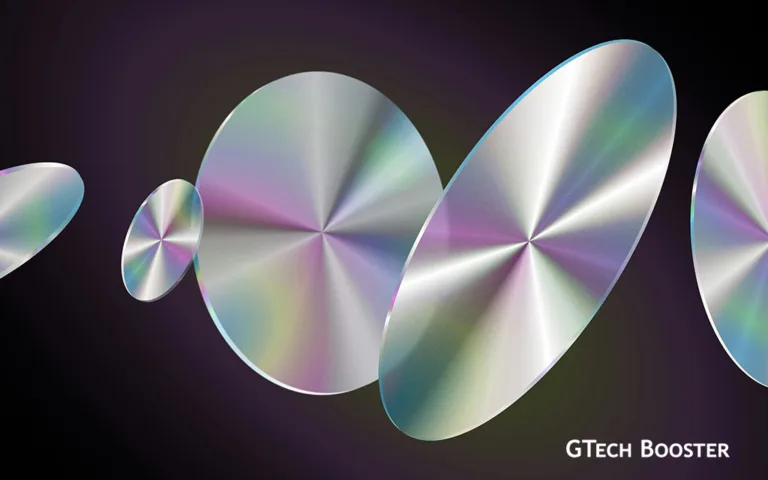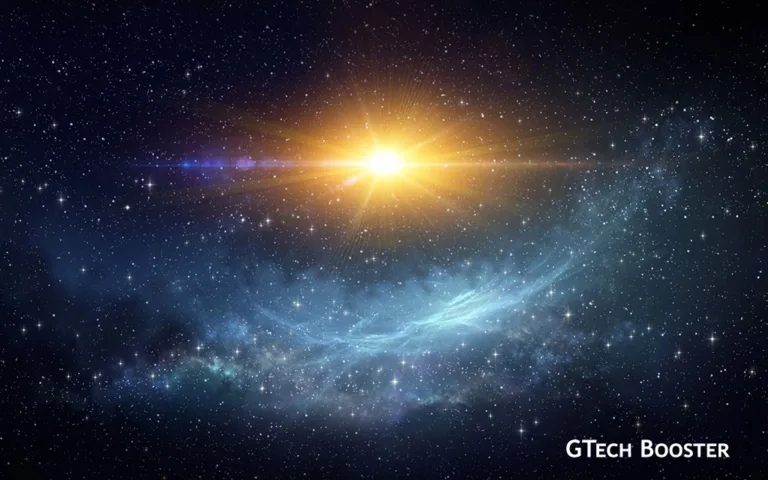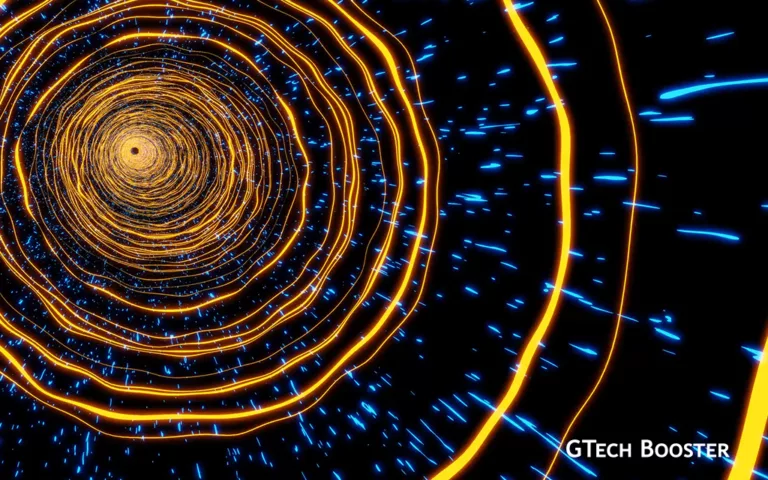The multiverse and the key theories About the Multiverse
The concept of the multiverse has a rich history spanning various fields, including cosmology, physics, and philosophy.

The concept of the multiverse is a mind-bending and captivating idea that has captured the imagination of scientists, writers, and artists alike. At its core, the multiverse theory suggests that there may be an infinite number of universes, each with its own unique set of physical laws, constants, and even different versions of ourselves.
In this expansive and awe-inspiring framework, every possible outcome and variation exists in its own separate universe. This means that there could be a universe where dinosaurs still roam the Earth, a universe where humans never evolved, or a universe where the laws of physics operate in entirely different ways.
The idea of the multiverse has been explored in various forms of media, from science fiction novels to blockbuster movies. It has become a rich source of inspiration for storytelling, allowing creators to delve into the endless possibilities of alternate realities and the consequences of different choices.
From a scientific perspective, the multiverse theory has emerged as a potential explanation for some of the most perplexing questions in cosmology, such as the fine-tuning of the fundamental constants of nature and the nature of quantum mechanics.
While the concept of the multiverse remains speculative and is currently beyond the reach of direct observation, it continues to spark fervent debate and speculation among physicists and cosmologists. Whether as a scientific hypothesis, a source of creative exploration, or a philosophical puzzle, the multiverse offers a tantalizing glimpse into the boundless expanse of reality and the mysteries that lie beyond our current understanding.
Key Theories About the Multiverse
The concept of the multiverse has sparked a range of theories and perspectives, each offering intriguing insights into the nature of reality and the potential existence of multiple universes. Here are some key theories about the multiverse;
a. Multiverse as a Concept Beyond Traditional Scientific Theory
- Some critics argue that the multiverse is not a traditional scientific theory and emphasize its lack of empirical testability and falsifiability.
- Advocates of the string landscape theory prioritize internal consistency and potential laboratory testing over objections to the concept of the multiverse.
b. Cyclic Theories
- Several theories propose a series of self-sustaining cycles, including Big Crunches or Big Bounces, potentially leading to a cyclical multiverse.
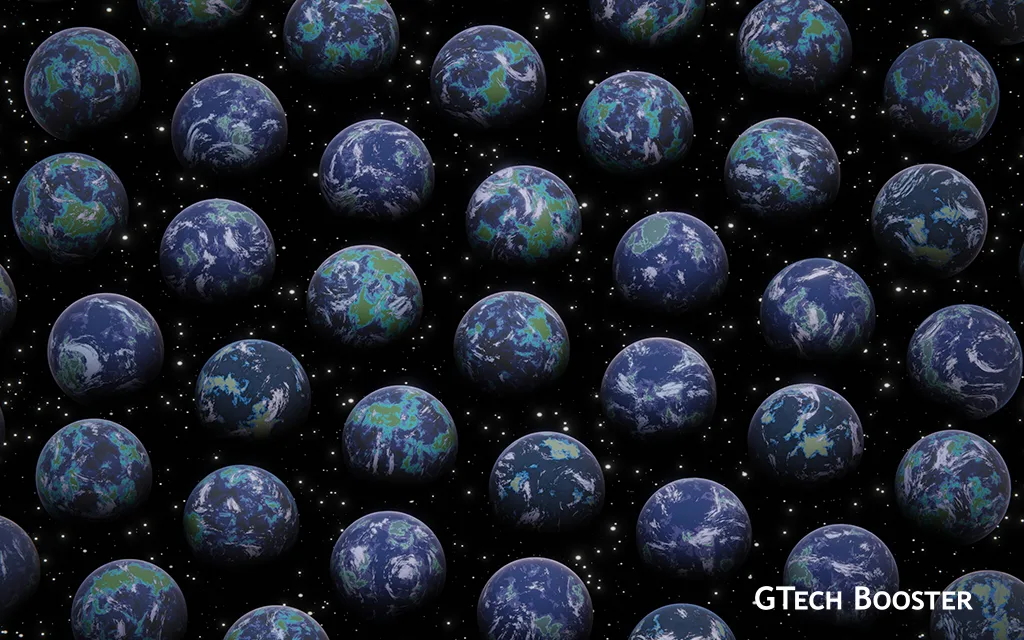
c. Multiple Universes with Different Laws of Physics
- The multiverse theory suggests the existence of other universes with their own distinct laws of physics, separated from our observable universe and potentially forming a part of a much grander collection of universes.
d. Theoretical Evidence of the Multiverse
- The multiverse theory postulates that the known universe may be just one of many such cosmic expanses, potentially existing in parallel dimensions or as part of a larger collection of universes.
e. Plausible Scientific Theories Suggesting a Multiverse
- Various physics theories independently point to the existence of hidden universes, with some experts considering the presence of multiple universes more likely than not.
f. Types of Multiverses
- The multiverse idea has arisen in many versions, primarily in cosmology, quantum mechanics, and philosophy, and often asserts the actual physical existence of different potential configurations or histories of the known observable universe.
These theories offer diverse perspectives on the multiverse, ranging from the philosophical and speculative to the potential implications for cosmology and quantum mechanics. While the multiverse remains a subject of intense debate and speculation, it continues to inspire scientific inquiry and imaginative exploration into the nature of reality.
